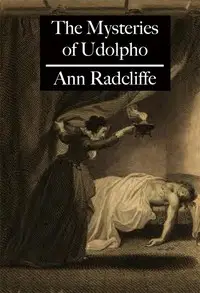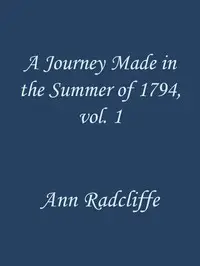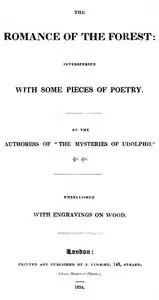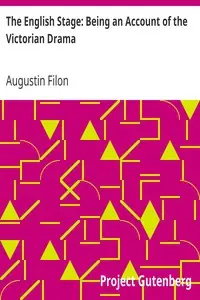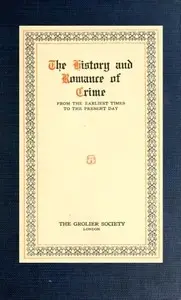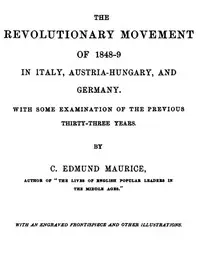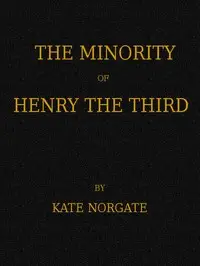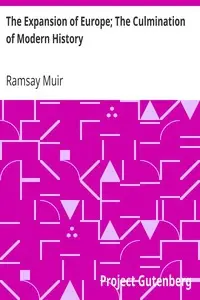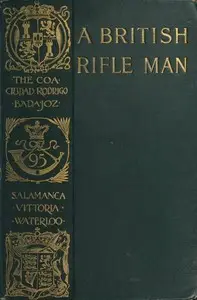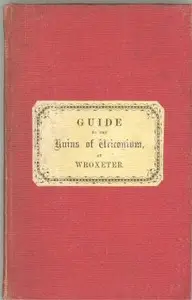"A Journey Made in the Summer of 1794, through Holland and the Western Frontier of Germany" by Ann Radcliffe is a historical travelogue written in the late 18th century. This work recounts the author's travels through various European locations during a time of political turmoil and international conflict, specifically around the period of the French Revolutionary Wars. The narrative likely offers detailed observations on the landscapes, cities, and cultures encountered along the journey, as well as reflections on the social and political climates of the regions visited. The opening of the book introduces the city of Friburg, emphasizing its historical significance and the complications faced by the narrator and their party due to a misunderstanding with an Austrian officer regarding their travel documentation. The narrative paints a vivid picture of Friburg, using descriptive language to convey the architecture, local customs, and the mood of the inhabitants amid the chaos of war. The author also reflects on the feelings of longing for Switzerland as they endure bureaucratic hurdles, showcasing the contrast between their expectations of idyllic travel and the harsh realities they confront while journeying through Germany. This opening sets the stage for a reflective and adventurous exploration of 18th-century Europe, filled with rich descriptions and personal insights. (This is an automatically generated summary.)
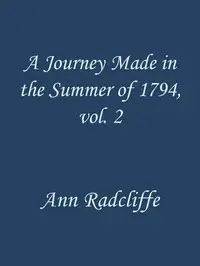
A Journey Made in the Summer of 1794, through Holland and the Western Frontier of Germany, with a Return Down the Rhine, Vol. 2 (of 2) To Which Are Added Observations during a Tour to the Lakes of Lancashire, Westmoreland, and Cumberland; Second Edition
By Ann Ward Radcliffe
"A Journey Made in the Summer of 1794, through Holland and the Western Frontier of Germany" by Ann Radcliffe is a historical travelogue written in the...
Ann Radcliffe was an English novelist, a pioneer of Gothic fiction, and a minor poet. Her technique of explaining apparently supernatural elements in her novels has been credited with gaining respectability for Gothic fiction in the 1790s. Radcliffe was the most popular writer of her day and almost universally admired; contemporary critics called her the "mighty enchantress" and the Shakespeare of romance-writers, and her popularity continued through the 19th century. Interest in Radcliffe and her work has revived in the early 21st century, with the publication of three biographies.

